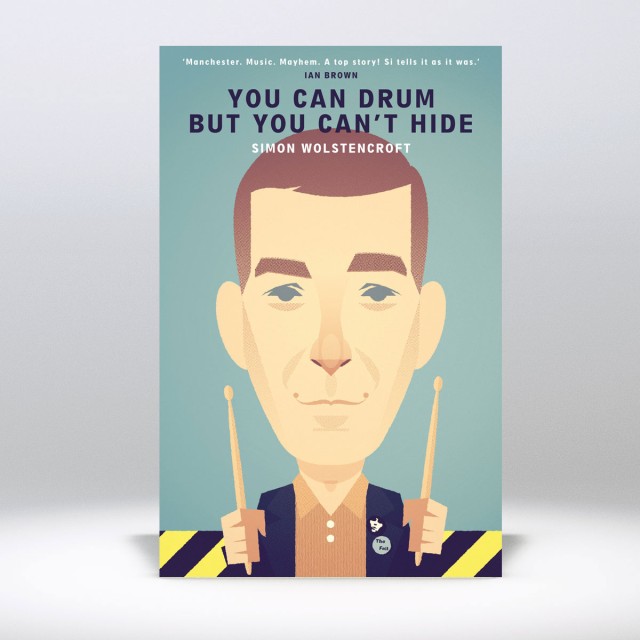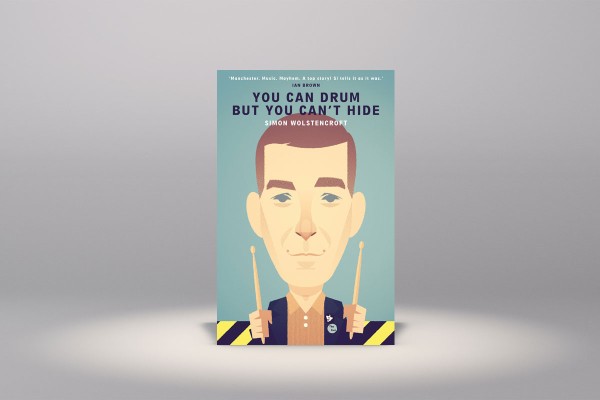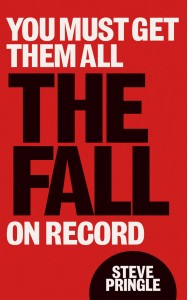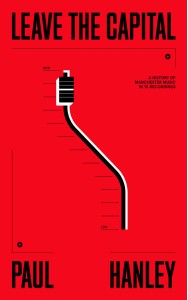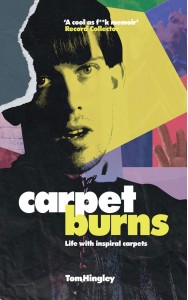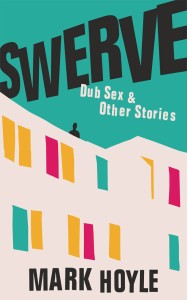You Must Get Them All
You Must Get Them All is the first book to capture the full, incredible story of The Fall, from Live At The Electric Circus to New Facts Emerge. It is a comprehensive chronology of the life and times of Britain’s most remarkable group,
Read More